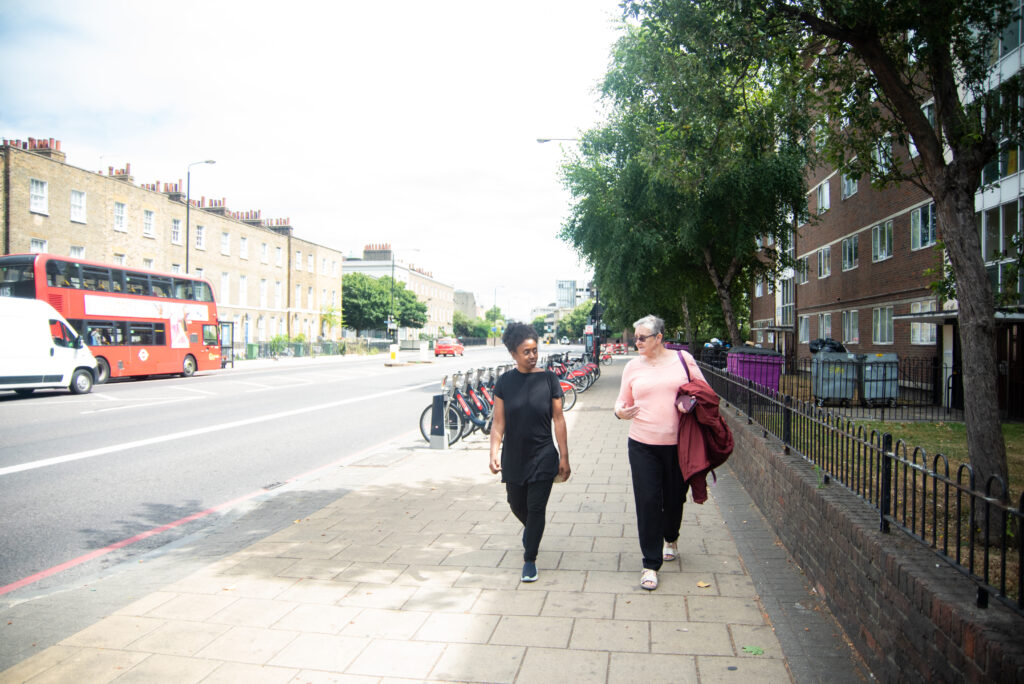
Hearing loss in older adulthood can lead to isolation and loneliness. It can be especially difficult hearing in certain noisy environments leading to reluctance to go to such places and spaces. Arguably, hearing loss can be countered by hearing aids, but in reality, this often fails because they remain ineffective in many noisy environments. This reduces the ability of older adults with hearing loss to remain active, productive, independent, and socially connected and this, together with hearing loss per se, represents a risk factor for the development of cognitive impairment and dementia.
Discussions with audiologists and people attending their clinics reveal that noisy environments are problematic for people with hearing loss, even when a hearing aid is used. There is a lack of the research-based evidence specifically required to guide the changes needed for older adults with hearing loss. Furthermore, there is no research examining how noise affects other person-related functions related to, or impacting upon, hearing loss such as attention, cognition, brain function, wellbeing & behaviour.
This study aims to increase understanding of the difficulties people with hearing loss experience in a variety of noisy and distracting places and how such noise affects not only hearing, but also attention, cognition, wellbeing and social interaction. This evidence will form the basis of addressing the problem and raise awareness of the issue amongst the public, retail & travel sectors and in making hearing loss-related changes to environments.
Project Leads


Dr Emma Richards
Email: e.v.richards@swansea.ac.uk
Professor Andrea Tales
Email: a.tales@swansea.ac.uk
Project Partners


